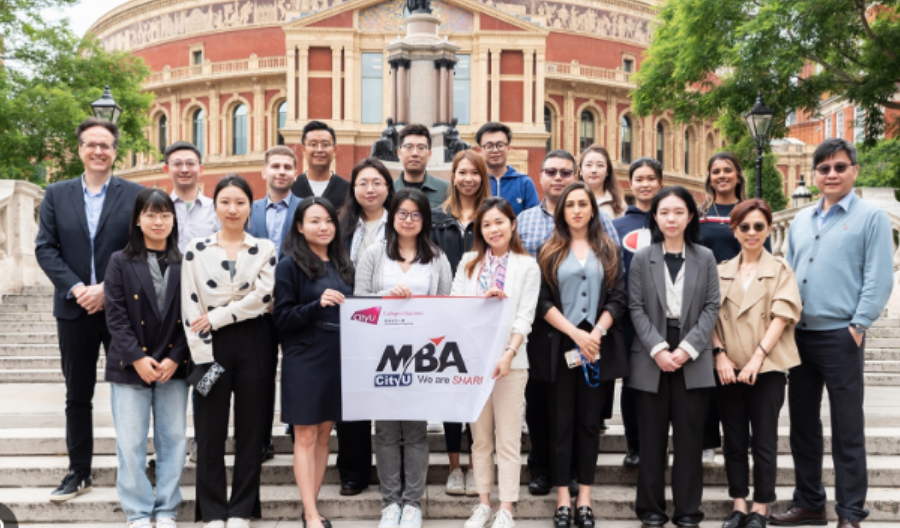Legacy admissions—where colleges grant an edge to the children of alumni—have been controversial in higher education. To quote from a more comprehensive view on the influence of legacy status by one of the founders of the independent college admissions counseling movement: The founder of Ivy Coach, a leading private college counseling company that consults with families across the world, makes an interesting point about, for instance, admit rates at MIT.
What Does Legacy Mean
Legacy Status Definition: According to MIT, legacy students are applicants whose parents or in some cases other relatives attended the institution. Such connections are taken into account during the admissions process, but MIT emphasizes that legacy status is simply one of a number of factors in admissions.
A Legacy Admissions Checklist from MIT
Merit-Based Focus: MIT has been boasting high academics standards and very selective admissions process. The Institute reminds that admission continues to be highly selective, and entry is quite competitive for all applicants, legacies included. Legacy status is considered, but it is not a substitute for every candidate to perform extremely well.
Transparency in Admissions: Unlike some other elite institutions, MIT does not share particular information about the acceptance rates of legacy versus non-legacy applicants. This said, MIT as a whole is widely known to have on of the most competitive admissions processes globally, generally with overall acceptance rates quoted between 4-7% in recent years.

Legacy Admissions Data
Estimations: Although official acceptance rate for legacy students are not published, estimates of a slightly higher acceptance rate for these applicants currently float around due to the extreme high-quality nature of these applicants that are often exceptionally aware of how life and work at the Institute really works.
Effect on the Leeds School Community
Legacy admissions preserve the integrity and legacy of a university community. With their long-standing connections to the Institute, alumni families often have an intrinsic loyalty to MIT that spans multiple generations of support for the mission and community.
Controversy and Criticism
Racial justice concerns: Legacy admissions have been criticized for adversely affecting students who are equally or more deserving of admission, but have no familial connections to the institution. However, critics say this can create dynastic privilege echoing for generations and cap racial and social diversity of the student body.
Global Context
When viewed against the global educational landscape which opens itself to opportunities such as MBA in Hong Kong, the controversy surrounding legacy admissions underscores larger questions about fairness and accessibility in elite educational institutions.
Overall, MIT does take into account legacy status with respect to a holistic admissions process, but the weight of this consideration in the context of MIT's principles is small. The legacy acceptance rate at MIT is less clear cut than lifestyle financial institutions, as it is very hard to say based on results itself since MIT may be more likely to emphasize an individual candidate capabilities over who they know.